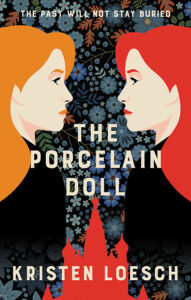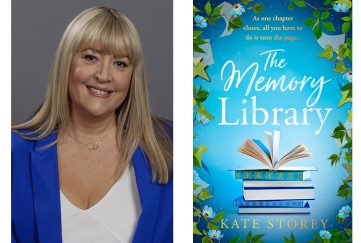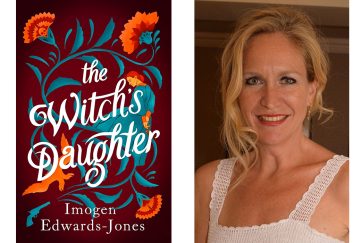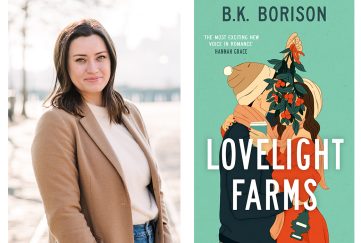From Tolstoy to The Porcelain Doll
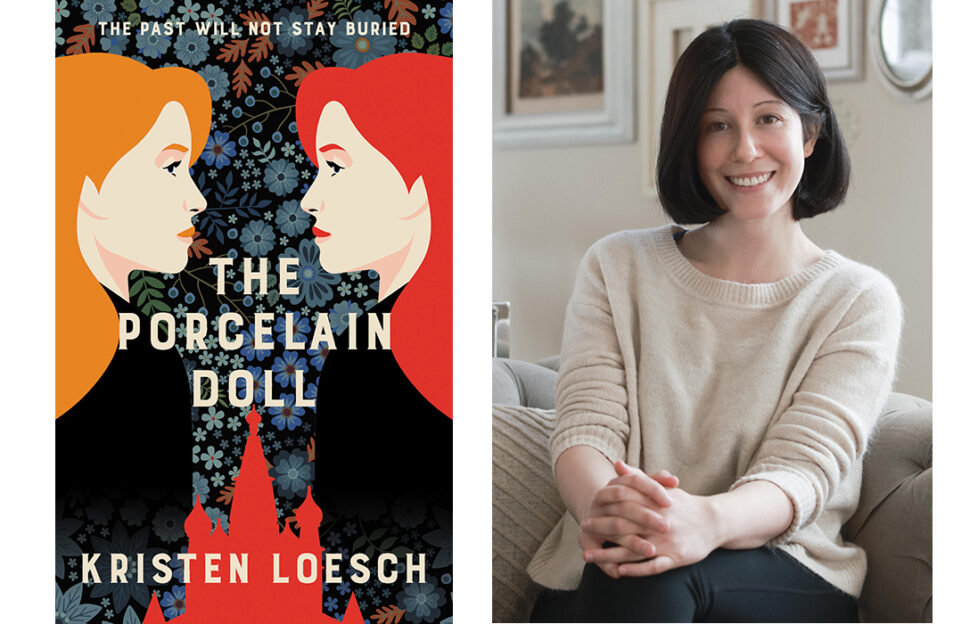
How I ended up writing a novel about Russia by author Kristen Loesch…
In Leo Tolstoy’s Anna Karenina, Vronsky sees Anna “as if she were the sun”, that is, he sees her without looking. I first read Anna when I was ten years old, and most of its themes and larger points about Russian society went entirely over my head. All I knew was that the language Tolstoy used didn’t seem like English. It didn’t seem like Russian, either (this was a translation). It was as if he had invented his own way of using words, and it was beautiful, but it was also frightening. It undermined everything I thought I knew about writing. About stories.
I determinedly wrote my own novel shortly thereafter. I was still ten, and the story was grandiose and incomprehensible. I stayed up an entire night printing it from our creaky little Macintosh computer, and used up all the paper, as befitting a novel inspired by no less than the Russian masters. In my sparkly purple diary, I wrote that I was going to write an epic love story one day, like Vronsky and Anna’s, maybe with a different ending, promise promise promise!!! I made a lot of promises to myself, at that age. If you’re young, and especially if you’re an avid reader, the whole world looks conquerable. As time goes by, it becomes harder to convince yourself of this. You stop keeping diaries, let alone in sparkly purple. The only promises you make are to other people.
In university, as a student of Central and Eastern European history, I started a blog translating Russian song lyrics into English. Delightfully trashy pop songs proved the easiest to translate, but at some point I came across a song by the band Fleur, entitled Kogda Ty Grustish. The last few lines of that song stirred in me that same, surreal feeling that I had when I read Anna for the first time. That feeling of being challenged, even of being called, but the difference was, I wasn’t ten years old any more. So instead of writing a three-hundred-page magnum opus and using up all the family printing paper, my university-age self suppressed everything. Ha, ha, ha, remember when you thought you would write an epic love story! Carry on now, with the pop-song-translations and the degrees and the tidy plan to become an academic. I never did add Kogda Ty Grustish to my blog. It was more difficult to render, and I couldn’t find the words. Or I didn’t want to find them.
A few weeks into my Master’s degree, our course director invited us to drinks at her rooms in college. As we made small talk, she suddenly held up a tiny stub of a pencil and said it had belonged to Joseph Stalin. He’d used it to cross people out on his infamous lists of names. She let us pass it around. I don’t know if I believed her, but the weight of this pencil in my hand was heavier than it looked. Afterwards, I thought to myself: I am a historian; I am studying something I was deeply passionate about; I may or may not have just held a pencil belonging to Joseph Stalin; so why do I not feel as inspired as I thought I would? Where is the magic? What is missing?
In 2012, I was in the middle of my PhD. I was fulfilling all my grown-up ambitions. Yet if you look back at photos from this time, you see how lost I appear. After a difficult first year, I enrolled in a short Creative Writing course, as a way to clear my head. Our final assignment was to write the opening to a novel, and Russia was all I knew how to write about; years later, this would become a crucial scene in The Porcelain Doll. But at the time, it wasn’t a scene, or a chapter, or even a piece of writing, so much as it was a window through which I could see my first dream. And yes, it would be bonkers to chase that dream, but not because it was unrealistic and childish and I was sure to fail and embarrass myself. It was bonkers because it might be so subversive. It might make me shake up my life, reassess my priorities, and eventually enact sweeping changes. It’s difficult to say what is scarier, the doing of the new thing, or the undoing of the current one.
In a way, what you’re reading as you begin The Porcelain Doll is that long-ago promise I made to myself. Of course it doesn’t say that, anywhere in the story, but maybe you can see it without looking.

